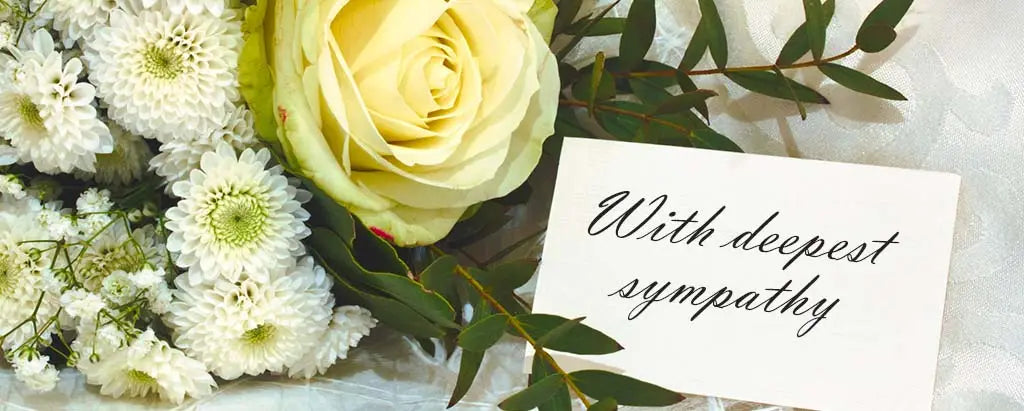
Differences Between Sympathy Flowers and Funeral Flowers
Sending flowers to someone who has recently lost a loved one is a thoughtful way to express your condolences. But choosing the right type of flowers for the situation can be tricky. What’s the difference between sympathy and funeral flowers? Let’s take a look.
Sympathy Flowers
Sympathy flowers are sent directly to the family of the deceased as an expression of comfort and condolences. This type of flower arrangement is usually sent right after hearing about the death, but before the funeral takes place. Sympathy arrangements can come in many forms such as bouquets, centerpieces, or wreaths.
Common sympathy flower choices include lilies, roses, carnations, daisies, chrysanthemums, and tulips. It is important to note that different colors have different meanings—white typically symbolizes purity while yellow often represents friendship or joy—so be sure to select an arrangement that conveys your intended sentiment.
Funeral Flowers
Funeral flowers are arrangements used for decoration during services for the deceased. They are typically large-scale pieces that are placed near or around the casket at a visitation or wake service. These types of arrangements often take on unique shapes such as crosses, hearts, or anchors—symbolic representations of hope and faith during a time of sorrow.
Popular funeral flower choices include gladiolus, snapdragon larkspur, roses and mums in white or muted colors like lavender or pink. Other common funeral flower selections include birds of paradise for celebration; calla lillies for rebirth; and bells of Ireland for good luck in heaven.
Here are 5 key differences that you should be aware of when selecting the right type of bouquet for your situation.
1. Color:
The colors used in sympathy bouquets tend to be subtle shades like white, pink, lavender, and yellow. Meanwhile, funeral flower arrangements often include bright colors such as reds, oranges, and purples. This is because funeral flower arrangements are meant to represent celebration of life rather than mourning.
2. Size:
Sympathy bouquets tend to be smaller in size than funeral flower arrangements due to their more subtle nature. Funeral flowers take up much more space in order to make a bold statement about the life of the deceased person and should be chosen with this in mind.
3. Variety:
Sympathy bouquets typically contain one type of flower whereas funeral flower arrangements can incorporate several varieties of blooms into one arrangement depending on its purpose (i.e., casket spray vs standing spray). This allows for more creativity when designing a tribute for the deceased person’s service or wake.
4. Price Point:
Since sympathy bouquets are generally smaller than funeral flowers and may include fewer types of blooms, they tend to have a lower price point than their counterparts due to their simplicity. Funeral flower arrangements can be quite expensive depending on how intricate they are designed so it’s important to keep this in mind when selecting something appropriate for the occasion.
5. Delivery Options:
Sympathy bouquets usually come as hand-tied bunches delivered by florists or in packages sent through delivery services, while funeral flower arrangements need to be ordered directly from florists who specialize in these larger designs due their size and complexity requirements for casket sprays or other specific tributes needed at the service itself (i.e., heart wreaths).
Conclusion:
When sending flowers to someone who has lost a loved one it is important to understand the distinct differences between sympathy and funeral flowers so you can choose an arrangement that best conveys your sentiments.
Both types of floral gifts are thoughtful ways to express compassion during a difficult time but they should be selected based on their unique purpose and meaning within the context of loss and grief.
With careful consideration you can pick out just the right type of floral arrangement for your friend or family member in need of support during this difficult period in their life.
